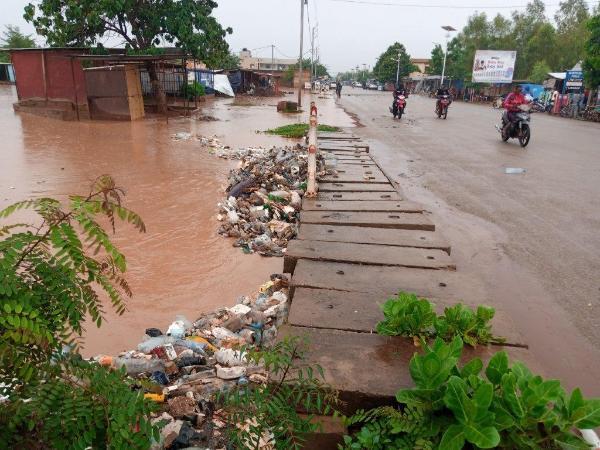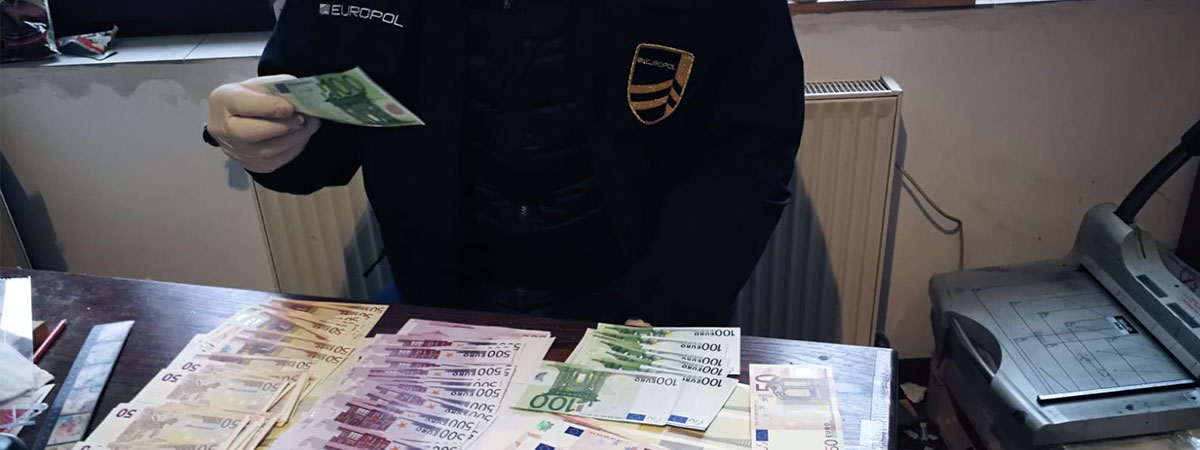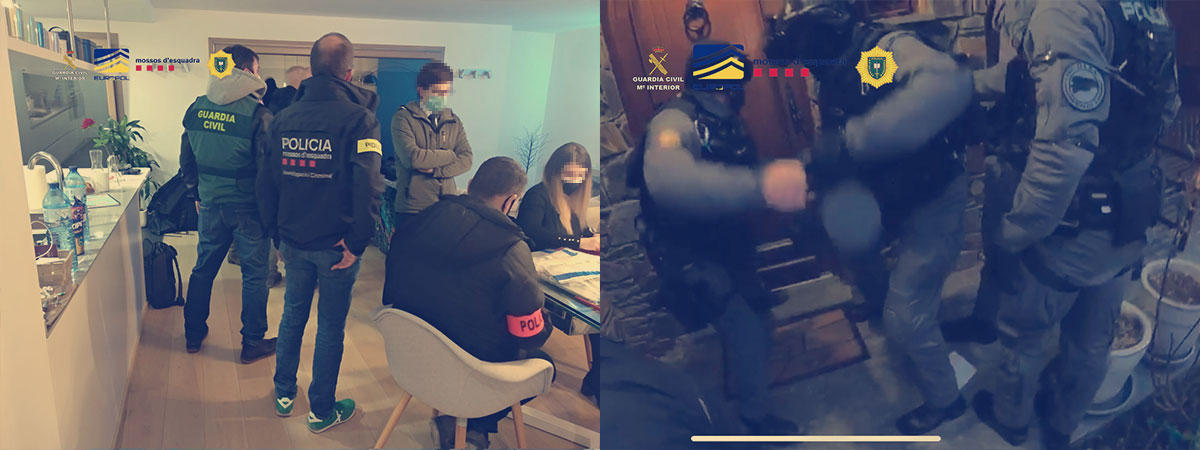Burkina Faso: EUR 38.5m EIB backing for solar power and flood protection

- New climate action support welcomed by Ministers and Mayor of Ouagadougou
- 50MW Sonabel solar plant to transform clean power generation and reduce imports
- Flood protection to improve public health, protect property and urban development
The European Investment Bank today confirmed EUR 38.5 million of new financial and technical support to transform renewable power generation in Burkina Faso and better protect its capital city from future flooding. The new clean energy and climate adaptation projects will improve access to energy in the country and address public health challenges and economic risks caused by extreme weather.
The latest European Investment Bank support for climate action in the Sahel was announced during a virtual event earlier today by Ambroise Fayolle, European Investment Bank Vice President.
The importance of accelerating high-impact investment in Burkina Faso was highlighted by the Minister of the Economy, Minister of Energy, Mayor of Ouagadougou, European Union Ambassador and representatives of financing partner Agence Française de Développement (AFD).
“New investment to Improve access to energy and better protect against climate change is essential for social and economic progress in Burkina Faso, the Sahel and Africa. The European Investment Bank has been a key partner for Burkina Faso for more than 50 years providing financial support and sharing unique global technical expertise for priority investment in our country. Today’s new agreements will scale up renewable energy generation and better protect our capital city Ouagadogou from future floods and extreme weather and protect our citizens from malaria.” said M. Lassané Kaboré, Minister of the economy, finance and development of Burkino Faso.
“Citizens of Ouagadougou face the impact of a changing climate on a daily basis. Support and technical expertise from the EIB, AFD and the EU will help to better protect Ougadougou from future floods, reduce the risk to live and property and improve access to key services during heavy rains.” said Armand Roland Pierre Béouindé, Mayor of Ouagadougou.
“The European Investment Bank has supported long-term investment in Burkina Faso since 1970 and is committed to strengthening economic opportunities, supporting sustainable development and accelerating climate action across the Sahel. As the EU climate bank and a member of Team Europe, the EIB is pleased to back Sonabel’s first solar power plant that will transform renewable energy generation in Burkina Faso and to support investment to better protect thousands of people in Ouagadougou from floods. Cooperation between Burkinabé partners and AFD, the European Union and the EIB is unlocking priority investment that highlights the social, economic and public health impact of climate action in Africa.” said Ambroise Fayolle, European Investment Bank Vice President.
“Team Europe is committed to delivering sustainable development in Burkina Faso and Africa and strengthening cooperation with African partners. This new agreement will enable thousands of people in Burkina Faso to benefit from more reliable access to clean energy and address flood risks.” said Wolfram Vetter, European Union Ambassador to Burkina Faso.
Harnessing solar power to enhance national energy production
The EIB supports renewable energy projects worldwide and will provide EUR 38.5 million to the solar power plant operated by national electricity authority Sonabel.
The EIB backing will help expand the capacity of the plant from 37 MW today to 50 MW.
The EUR 70.5 million scheme will increase domestic electricity production to address the 10% annual increase in demand and reduce the need for imports. Electricity supply in Burkina Faso is currently restricted by the limited interconnector capacity used to import power from Cote d’Ivoire.
Protecting Ouagadougou from climate change
More than 24,000 homes were destroyed and 150,000 properties damages by recent floods. New investment backed by the EIB and Agence Française de Développement will contruct a 5km water evacuation channel and improve flood protection in the Tanghin district of Ouagadougou.
The new scheme will protect property, improve public health by reducing waterborne diseases including malaria and improve access to key services, incuding schools and markets, during seasonal rains.
Backing high-impact investment in the Sahel
The European Investment Bank, as part of Team Europe and member of the Sahel Alliance, recognises the need to scale up investment that tackles these challenges and improves stability in the Sahel region.
Unlocking Supporting transformational public and private sector investment in 11 Sahel states most vulnerable to climate change is a key priority for the EIB as part of broader support for high-impact investment across Africa.
The European Investment Bank is the world’s largest international public bank and owned directly by the 27 European Union member states.


